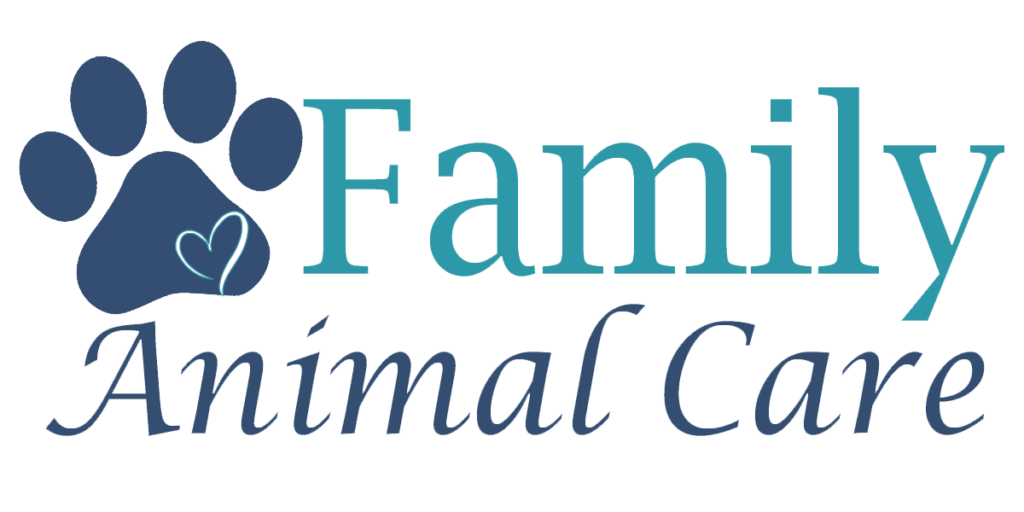Senior Pet Care in Orange City, Iowa: Keeping Your Golden Companion Happy and Healthy at Orange City Family Animal Care
As our beloved furry friends reach their golden years, their needs can change. Just like us, senior pets may require adjustments to their diet, exercise routines, and overall care to ensure they continue to live happy, healthy lives. While some physical changes are a natural part of aging, being aware of these shifts and adapting your approach can make a world of difference in your senior pet’s well-being.
Tailoring Your Senior Pet’s Diet for Optimal Nutrition in Orange City and Beyond
As our senior companions enter their golden years, their nutritional needs often shift. Their metabolisms may slow down, making them more prone to weight gain. Dental issues can also become more common, making it difficult for them to chew on hard kibble. To address these changes and ensure your pet receives the essential nutrients they need to thrive, consider these dietary adjustments:
Senior-Specific Pet Food: Commercially available senior pet foods are formulated with these changing needs in mind. They often contain higher-quality protein sources, which are easier to digest and help maintain muscle mass. Additionally, they may have lower calorie content to prevent weight gain and incorporate specific nutrients to support joint health and cognitive function. It’s important to consult with a veterinarian to determine the best senior food option for your pet’s individual needs.
Portion Control: Just like humans, senior pets with reduced activity levels may require smaller food portions to avoid weight gain. This can help prevent obesity-related health concerns like joint pain and diabetes. Pay close attention to your pet’s body weight and adjust their food intake accordingly.
Focus on Hydration: Dehydration can become a bigger concern for senior pets, especially those with kidney problems. Ensure they have constant access to fresh, clean water. You can also encourage them to drink more by adding water to their food or offering low-sodium broth.
Wet Food or Food Toppers: If your senior pet has dental issues that make chewing kibble difficult, consider switching to wet food or using food toppers to soften their kibble. This will not only make mealtime easier but also increase their moisture intake.
Homemade Diets: While commercially prepared senior pet food is a convenient option, some pet owners prefer to create homemade diets for their furry companions. If you choose this route, it’s crucial to consult with a veterinarian to ensure the homemade meals are nutritionally balanced and meet your pet’s specific needs.
By implementing these dietary adjustments, you can ensure your senior pet receives the essential nutrients they need to live a long and healthy life.
Recognizing Signs of Common Health Concerns in Senior Pets
As our cherished companions age, it’s important to be aware of the signs and symptoms associated with common senior pet health concerns. Early detection and treatment can significantly improve your pet’s prognosis and overall well-being. Here are some key signs to watch out for:
Arthritis: This is a degenerative joint disease that causes pain and stiffness in the joints. Senior pets with arthritis may exhibit difficulty getting up or down, limping, favoring certain limbs, or showing reluctance to climb stairs or jump on furniture.
Vision Loss: Cataracts, a clouding of the lens of the eye, and glaucoma, a buildup of pressure within the eye, are common causes of vision loss in senior pets. Signs of vision loss can include bumping into objects, hesitating on stairs, difficulty catching treats, or appearing disoriented in familiar surroundings.
Hearing Loss: Hearing loss is another frequent occurrence in senior pets. They may startle less easily at loud noises, become unresponsive to verbal commands, or seem confused by sudden movements.
Cognitive Decline: Similar to Alzheimer’s disease in humans, some senior pets may experience cognitive decline. Signs can include disorientation, changes in sleep-wake cycles, forgetting house training, or difficulty recognizing familiar people or places.
Weight Loss or Gain: Sudden weight loss or gain in senior pets can be a cause for concern and may indicate an underlying health issue. Be sure to monitor your pet’s weight regularly and consult with a veterinarian if you notice any significant changes.
Changes in Appetite or Drinking Habits: A noticeable decrease or increase in appetite, or changes in water consumption, can be signs of various health problems in senior pets. It’s important to pay attention to these patterns and bring them to the attention of your veterinarian.
Behavioral Changes: Increased anxiety, aggression, or unusual vocalizations can sometimes be signs of pain, discomfort, or cognitive decline in senior pets. Any significant changes in your pet’s behavior warrant a visit to the veterinarian for a checkup.
If you notice any of these signs in your senior pet, schedule an appointment with Orange City Family Animal Care for a comprehensive examination.
Golden Years, Golden Care: Partnering with Orange City Family Animal Care for a Happy and Healthy Senior Pet
As your beloved furry friend in Orange City, Le Mars, Sheldon, or a surrounding Sioux County community ages, providing them with the proper care becomes even more crucial. By implementing the senior pet care tips outlined in this blog post, you can create a loving and supportive environment where your cherished companion thrives throughout their golden years.
Remember, Orange City Family Animal Care is dedicated to supporting the health and happiness of pets at every stage of life, including their senior years. Our experienced veterinarians can provide comprehensive wellness exams, personalized dietary recommendations, and guidance on modifying exercise routines for optimal well-being.
Schedule an appointment for your senior pet today and let our team help them live a long, happy, and healthy life!

Orange City Family Animal Care

